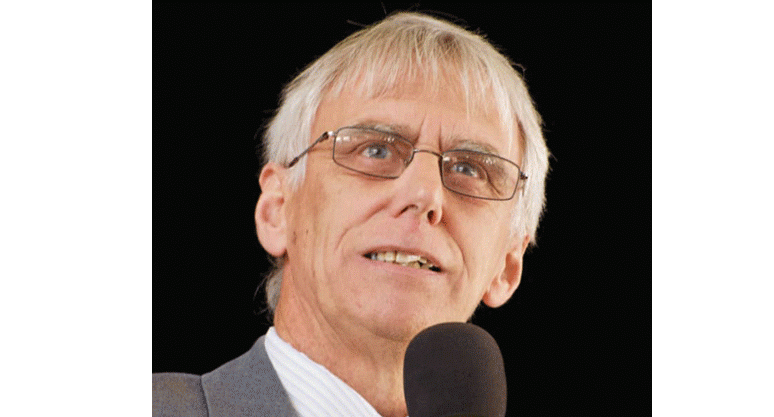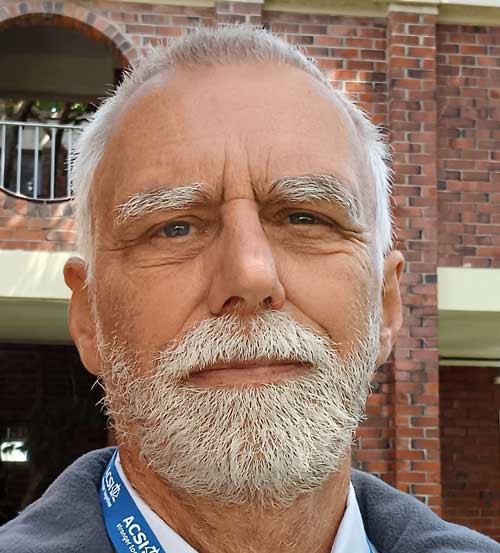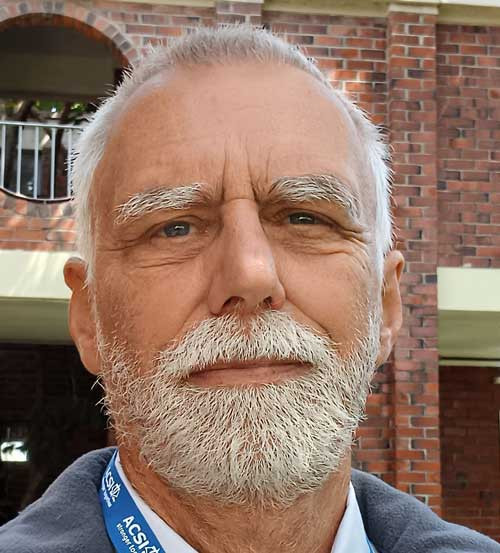
Everyone wants success; we all want that elusive slippery sense of success, which only a few can achieve. Schools, it would appear, push their youngsters to be successful though they may be more concerned about their own success, which is found in that of their pupils – it may be academic success (gaining the top marks in examinations), sporting success (winning trophies, titles and tournaments), cultural success (performing to large audiences) or perhaps simply plain economic success (earning fortunes). Furthermore, most will do whatever it takes to find it or gain success.
There are thousands upon thousands of guides to success, all well-meaning and wise, even if some are perhaps a little surprising. Mister Rogers, an American television host, author and producer, put it this way: “There are three ways to ultimate success: the first way is to be kind. The second way is to be kind. The third way is to be kind.” Sadly, that is probably not the way that most folk consider the source of success. Napoleon Hill, another charismatic American author, decreed that “Patience, persistence and perspiration make an unbeatable combination for success” while John D Rockefeller, a highly successful (in other words, wealthy) American business magnate and philanthropist declared that “The secret of success is to do the common thing uncommonly well.” Perhaps none, however, beat the simple and memorable line that “Success comes in cans, not can’ts”.
There are numerous examples on the internet of “Kids say the funniest things” — one child on a television programme announced that “My dad once dented a police car and never even told his boss”, while there are numerous examples of children innocently telling what their parents said or did in private. There are also plenty of examples of “Kids do the funniest things”, whether it is falling over on their face or hitting adults in painful places. We know too that children can do amazing things, being defined as ‘child prodigies’, with their natural ability; they can achieve great things.
The reality is, however, that success means very little without health; we might even consider it to be wasted. And here lies one of the most important things that children (and adults) need to learn. Children can overcome all sorts of suffering; in particular, children can overcome cancer.
We are all desperate as parents for teachers to discover and spot the latent talent in our children as early as possible. The sooner that can be unearthed, the greater the potential will be. In a similar way, the opposite is also true; we are all desperate for teachers to spot the signs of poor behaviour early so that it can be treated. We all want those things to happen. It follows therefore, but to a much greater degree, that we will be desperate for anyone, everyone, to detect the early signs of cancer in children. That is by far the most important thing we can do — and yes, we can do that!
We are blessed in Zimbabwe to have an organisation called Kidzcan which is there to detect and treat cancer in children, for if it is detected early children have a far greater chance of surviving. We can learn all about them on their website https://kidzcanzimbabwe.org/ and participate with them in their Orange Month of February highlighting this with special celebrations of their successes on 15th of February which is International Childhood Cancer Day. Kids can be healed of cancer. We can help.
We may be aware that the can-can is a “high-energy, physically demanding dance” with “high kicks, splits, and cartwheels” that became popular initially in French cabarets and is still popular today. We need to do the can-can as we seek to help children do their can-can in kicking cancer out. We can. Let us find success by being kind in helping children keep their health. Let us apply patience, persistence and perspiration to ensure our children are given good health. The common thing that we all can do is do all we can to ensure early detection of cancer in our children. Winston Churchill, the Allied Forces war-time leader, in a less witty but more poignant statement, once said that “Success is not final; failure is not fatal. It is the courage to continue that counts.”
These children have courage. Do we have the courage to support them, to raise funds for them, to watch out for early signs of it, to educate others in our village to detect it? In short, let our answer be: Yes, we can! Success comes in cans — not can’ts. And we know, here in Africa, more than anyone, that if anyone can, Afri-can. Zimbabwe-can. It is only then that we can say we have found success!
- Cancer a leading cause of death in children
- Success comes in cans
- Late cancer diagnosis: Stumbling block in children treatment
Keep Reading
- Tim Middleton is the executive director of the Association of Trust Schools [ATS]. The views expressed in this article, however, are solely those of the author in his private capacity and do not necessarily represent the views of the ATS.
- Email: [email protected]
- website: www.atschisz











